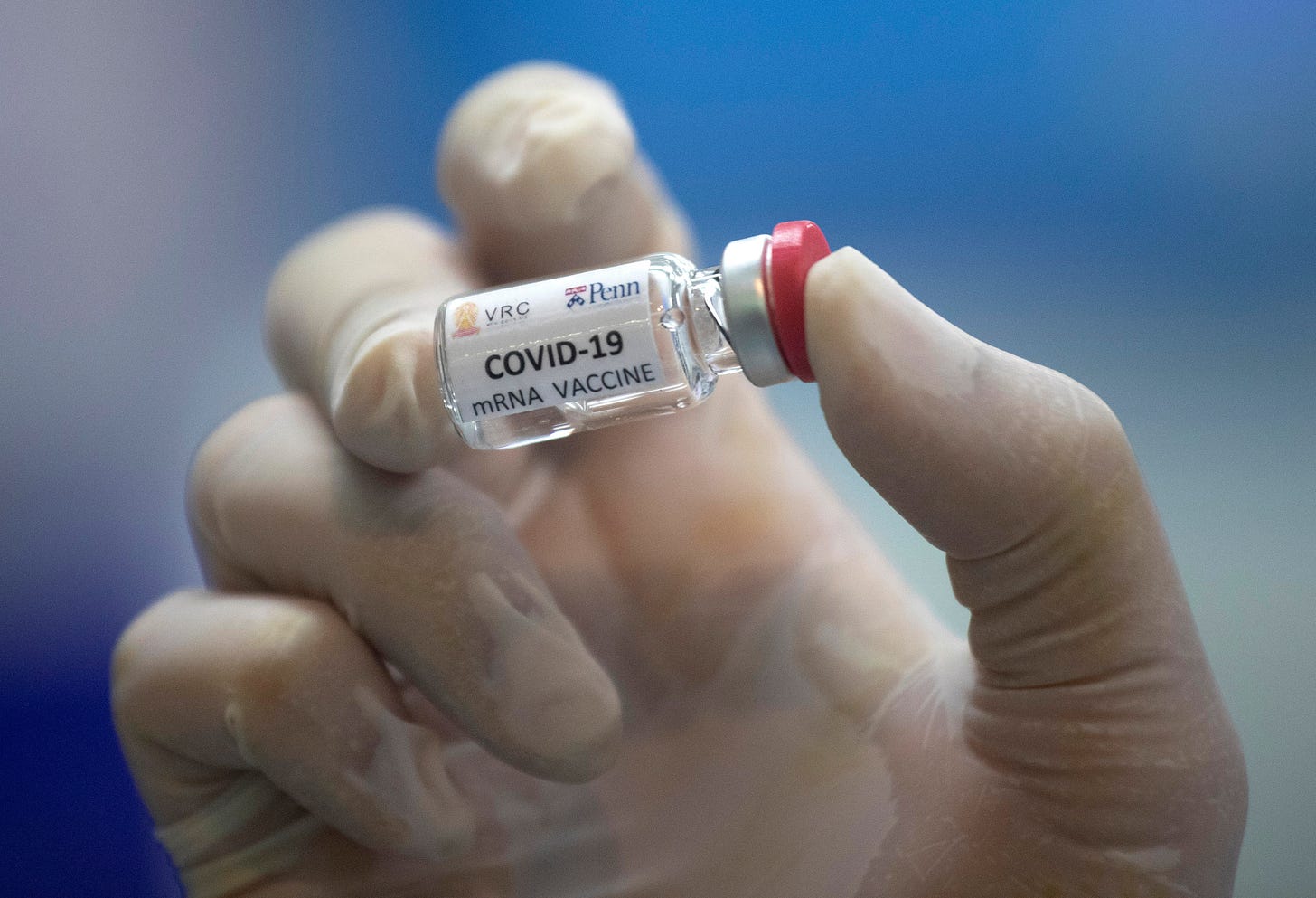One of the most promising COVID-19 vaccine trials was just put on hold due to safety concerns

Last week, Prime Minister Scott Morrison revealed he had signed a deal that would deliver 30 million doses of a promising COVID-19 vaccine candidate to Australia.
That candidate was the AstraZeneca vaccine being developed with Oxford University.
On Wednesday, AstraZeneca announced that because one of the volunteers had suffered a serious adverse reaction, its trial would be halted.
But it’s not all bad news. Here’s what we know.
AstraZeneca isn’t telling us everything
This is what AstraZeneca said on Wednesday:
“As part of the ongoing randomised, controlled global trials… our standard review process was triggered and we voluntarily paused vaccination to allow review of safety data by an independent committee. This is a routine action which has to happen whenever there is a potentially unexplained illness in one of the trials… in large trials illnesses will happen by chance, but must be independently reviewed to check this carefully.”
But the biotech company didn’t go into detail about what illness the volunteer had, or how long the delay would be.
Earlier, AstraZeneca had said the vaccine could be distributed in Australia as soon as the first half of 2021.
AstraZeneca’s is one of two vaccination candidates the Australian Government has secured doses of.
Will this delay a COVID-19 vaccine?
AstraZeneca is already in its second stage of human trials. Since August, it has been recruiting 50,000 participants across four countries to take the vaccine, collecting data on whether an immune response is triggered and there are any side effects.
Experts say this pause in the trial is not necessarily bad news. Deputy Chief Medical Officer Nick Coatsworth said the pause “by no means puts that vaccine completely off the table”.
“We’ve got to keep in mind the tens of thousands of people have now received this vaccine, so this is a testimony to the rigour and the safety focus that people are putting on vaccine development.”
AstraZeneca’s vaccine is one of the most promising candidates, alongside two U.S. vaccines - one by Moderno and the other by Pfizer an BioNTech - which are in the final stages of testing.
There are more than 160 vaccine candidates across the world.



